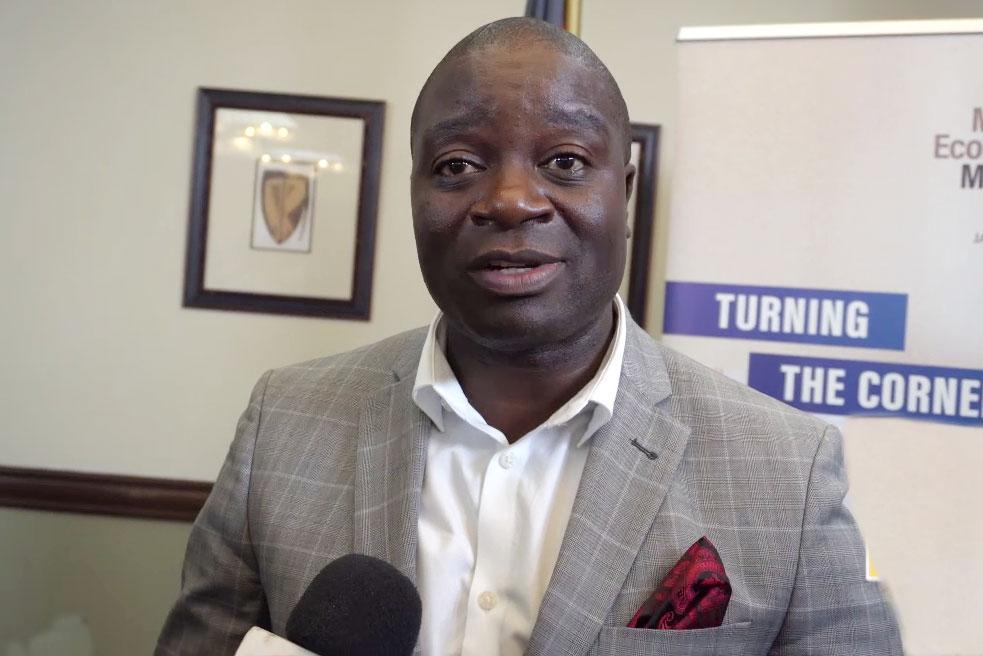Africa-Press – Malawi. Secretary to the Treasury Betchani Tchereni has said the country is on the right track in achieving true economic transformation, but it requires patience and mind—set change.
In an exclusive interview, reflecting on Malawi’s 61 years of independence, Tchereni said Malawi has struggled to fully exercise its economic autonomy due to what he described as a “dependency syndrome” on foreign actors and ideas.
Tchereni said the government is banking on youth-led production, and the agriculture, tourism, mining and manufacturing (ATMM) strategy to drive long-term transformation.
“Our focus is teaching the youth to become employers— not just employees. They want to be mega farmers, mining moguls, and manufacturers. That’s how you build a sustainable economy,” he said.
However, Tchereni said this transformation is a process that requires radical policy shifts, sustained investment, and time—rather than a quick fix.
He said government policies have pivoted from supporting traders to supporting producers.
“Trading drains foreign exchange and benefits only a few. But production— especially by local youth—creates jobs, builds wealth, and earns forex,” he said.
He emphasized that the treasury is ensuring that there is fiscal discipline and expenditure controls in public spending.
Economist Marvin Banda said there are no quick fixes to the economy.
He observed that the economy does not have real sector pillars to stand on which makes it vulnerable to shocks to the system.
“The ATMM Strategy is a noble idea but when the private sector are non-consequential participants then it remains a tough ask for the government alone to champion, meaning that the success of the strategy is going to be burdensome for taxpayers,” Banda said.
Banda noted that private sector buy-in remains low, for a strategy touted as the main vehicle for economic recovery and growth.
“The expectation that the nation will miraculously experience economic recovery has to be put to rest. Malawians should no longer fall for short-term fixes, only medium to long term gains should seem attractive to get the economy back on track,” Banda said.
In a recent interview, Economics Association of Malawi President, Bertha Bangara Chikadza, noted that the country is yet to be self-reliant as it continues to experience structural economic vulnerabilities.
“We continue to experience fiscal pressures and public debt reached 93 percent of GDP by March 2024, with 42 percent of government revenue allocated to debt servicing. The budget deficit widened to 8.7 percent of GDP in 2025 due to election spending and aid shortfalls,” Chikadza said.
For More News And Analysis About Malawi Follow Africa-Press






